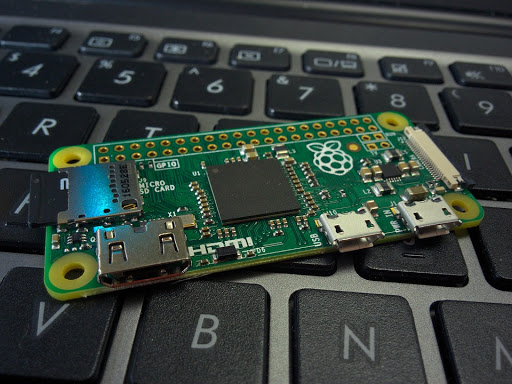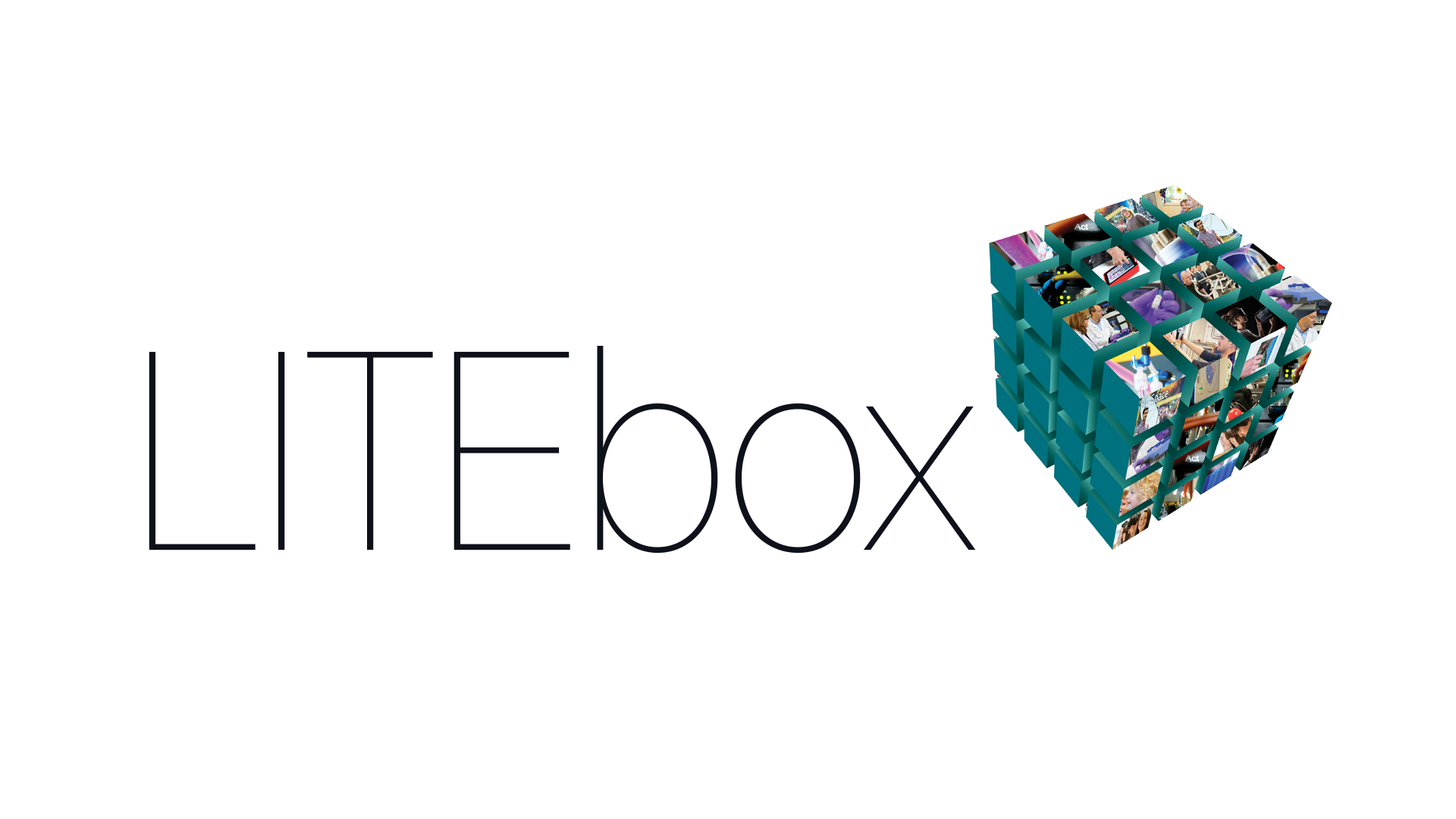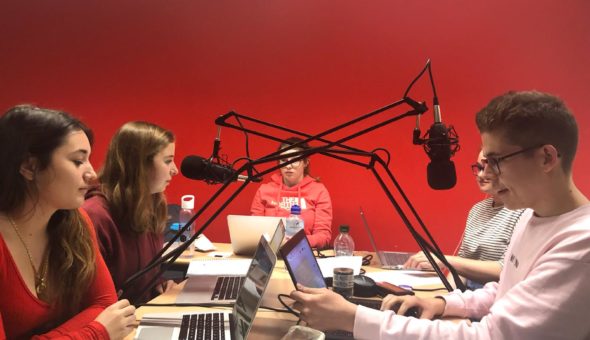The following three projects have secured the Santander Technology Fund. The LITEbox - Santander Technology Fund provides funding to support ideas that enhance the learning and teaching environment using new and existing technologies. Congratulations to the three projects that have been successfully awarded funding! Details below:
The LITEbox team is delighted to announce the successful recipients of the third Santander Technology Fund Round. Supported by Santander, as part of the company's wider support of a range of initiatives across the University, the Technology Fund was established with the aim of continuing to create an environment where the University at large can learn about new and existing technologies to support learning and teaching, and share experiences.
These selected projects are supported with funding to include hardware and software purchases and range from £3000 to £5000 per project, with a maximum of two years duration. The three successful awards are:
- Portable Labs
Led by: Daniel Fosas, PhD in Architecture Dept of Architecture and Civil Engineer
Time Period: 2019 to 2020
One of the major hurdles in teaching the next generation of engineers and architects that will shape our built environment is to establish a clear link between the fundamental principles and the design implications. Since most of the phenomena and properties involved are invisible to the naked eye, and only relevant over certain periods of time, teaching these can be quite challenging indeed. We propose a ‘Portable Lab’ that could help overcome this issue by giving students the opportunity to monitor and analyse their own environments on the go.

A fundamental aspect of technology-enhanced learning is being able to experiment freely (and ‘break’ things!). For our ‘Portable lab’, we use ‘raspberry pi’ devices, a small yet powerful family of electronic devices that are durable, easy to reset and fun to play with. Also, these devices are portable and can be extended by external kits and sensors, which allows the observation of physical phenomena that would be otherwise impossible to visualize. These will empower students to come up with their own ‘sensing’ solutions while we can reset on-the-fly the experiment between sessions.
Besides monitoring their own environments, students will be able to translate their understanding of the principles involved in a design context through a physical house model with plug-and-play components that they can customize.
Students will not only learn fundamental physical concepts (like temperature or humidity) and techniques (programming, data analysis and experimental design), but also develop soft skills such as teamwork and problem-solving.
Team Members:
- Daniel Fosas, Project lead
- Elisabetta Maria Patanè, Co-lead
- Rana Elnaklah, Co-lead
- Sukumar Natarajan, Academic Mentor
- Nick McCullen, Academic Mentor
- InteDashboard
Led by: Steve Cayzer, Senior Teaching Fellow at Dept of Mechanical Engineering
Time Period: Jan 2019 to May 2020

Team based learning (TBL) is an instructional method that puts students into roles of greater autonomy and responsibility for their learning. TBL is based on the philosophy of maximising the learning that goes on within and between teams. TBL used a flipped approach where the class starts with a readiness assurance test (RAT). A cloud-based solution called InteDashboard supports the RAT with (pseudonymous) user authentication, synchronous tests, automated marking, real time analytics and detailed exports. It provides an ‘application activity’ in which teams vote and comment on other teams using a virtual ‘gallery walk’.
As a pilot, TBL has been implemented in a semester 1 2018-19 unit using InteDashboard (free trial period access). Initial findings are promising, with positive formal and informal student feedback, and initial evidence suggesting stronger than usual team dynamics and peer learning. The Santander Technology Fund award will be put towards purchasing InteDashboard licensing, implementing TBL at a larger scale.
This project will deliver an evaluation of the software and its pedagogical impact. There will also be demonstration of the software to a community of interest, allowing others to evaluate and consider how they might include it. Additional licences are available during semester 2 for interested colleagues to trial the software and approach. Project success is improved pedagogic outcomes for (i) (core) the target programme (ii) (ideal) other programmes and (iii) (aspirational) the whole institution.
Team Members:
- Steve Cayzer – Academic Lead
- Yvonne Moore – Learning Technologist
- Rowan Cranwell – Solutions and Projects Manager
- Afkar Ansar – Student Researcher
- Use of Mobile Technologies in classrooms
Led by: Dr. Maria Valero, Teaching Fellow at Dept of Electronic and Electrical Engineering
Time Period: Feb 2019 to Feb 2021

The use of technology enhanced (formative) assessment can provide substantial benefits in terms of flexibility and class agility, namely:
- avoiding the need for specialised (computer) rooms and following issues with availability.
- taking their tests in class using the tablets/iPads – thus having the chance to ask any questions to their instructors or peers (in site), as well as at home – using their own devices. This can be especially useful both during semester and revision time;
- enabling a more interactive experience, with richer question types. Using a broader range of questions and assessment methods can allow a wider range of skills to be assessed, thus promoting deeper learning. Namely, with platform diagnostics such as an online exam service (currently Inspera), questions go beyond from diagram and equation writing to students recording their answers (oral skills);
- results and answers can be readily available (in class), with students being able to get almost instant feedback about the assessed topic in some cases. Instructors and peers can get a faster insight on students’ understanding of the topic and needs;
- better capture of feedback from both academics and peers. Students receive feedback in manifold forms and formats: feedback exercises involving mathematical constructs, or impromptu examples, are often scribed on the whiteboard or students’ own worksheets.
Achieving this fund from the Santander Technology Fund means that Dr. Valero and team are able to buy iPADs that enable softwares such as Inspera to be used even in rooms without computers. This type of interactive activity will provide a more inclusive, active learning environment where all students can participate and learn/revise at their own pace. This is important to ensure that all students, regardless of their learning profile, dexterity with the use of English (internationalisation) and IT resources can effectively take part in all learning activities -e.g., some students may not be able to come to the PC/whiteboard at the front to demonstrate their learning nor have their own device.
In summary, this project explores the use of mobile technologies (iPad) as a tool for formative assessment (online) and student engagement via peer learning (new Moodle plugin). Namely, use of diagnostic testing, as practice for summative assessment (exams); peer-review tool, as a way to increase student engagement whilst fostering peer learning; in class, synchronous collaboration which can be recorded for revision. Having implemented and evaluated this methodology in MSc programmes, it will report the key findings and recommended approaches to the wider academic community.
Team Members:
- Dr Maria Valero – Project Lead
- Yvonne Moore - Support /Guidance
- Rowan Cranwell
- Jo Hatt - Support /Guidance with the inclusion
Respond



